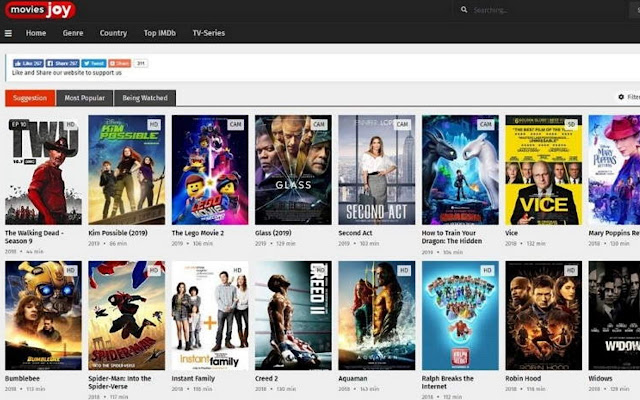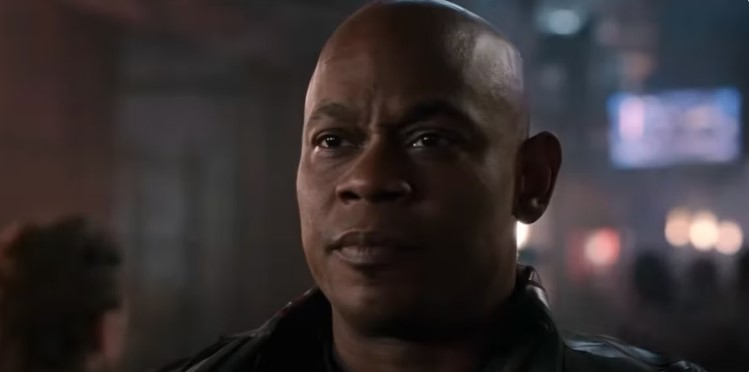Introduction
“The Hunger Games” is a captivating dystopian novel written by Suzanne Collins, first published in 2008. Set in a future world known as Panem, the story follows the journey of Katniss Everdeen, a courageous young woman who becomes a symbol of resistance against a tyrannical government.
Overview of the plot
The setting
Panem is divided into twelve districts, each ruled by the Capitol, a powerful and authoritarian regime. As punishment for a past rebellion, the Capitol forces each district to send one boy and one girl, known as “tributes,” to participate in the annual Hunger Games—a televised fight to the death.
The protagonist: Katniss Everdeen
Katniss volunteers as a tribute in place of her younger sister, Prim, and is thrust into the brutal arena alongside her fellow competitor, Peeta Mellark. Throughout the Games, Katniss demonstrates remarkable survival skills and forms alliances while navigating the dangerous terrain.
The dystopian society of Panem
Collins paints a grim picture of Panem, where poverty and oppression are rampant, and the citizens are subjected to the whims of the Capitol. The Hunger Games serves as a reminder of the Capitol’s control and the disparity between the wealthy elite and the impoverished districts.
Themes explored in “The Hunger Games”
Survival and sacrifice
At its core, “The Hunger Games” explores the lengths people will go to survive in the face of adversity. Katniss’s bravery and selflessness are evident as she risks her life to protect her loved ones and challenge the oppressive regime.
Class divide and oppression
The stark contrast between the opulent lifestyle of the Capitol residents and the poverty-stricken districts highlights the theme of social inequality. The Capitol’s exploitation of the districts and their inhabitants underscores the systemic oppression at play.
Media manipulation and entertainment
The Hunger Games are not only a means of control but also a form of entertainment for the Capitol’s citizens. The manipulation of reality TV and propaganda serves to desensitize the populace to the violence and suffering inflicted upon the tributes.
Critical reception and impact
“The Hunger Games” received widespread acclaim for its gripping narrative and thought-provoking themes. The novel sparked discussions about government surveillance, social justice, and the power of the media in shaping public opinion.
The film adaptation
In 2012, “The Hunger Games” was adapted into a successful film franchise starring Jennifer Lawrence as Katniss Everdeen. The movies garnered praise for their faithful adaptation of the source material and compelling performances from the cast.
Cast and production
Lawrence’s portrayal of Katniss earned her critical acclaim and catapulted her to international stardom. The supporting cast, including Josh Hutcherson as Peeta Mellark and Liam Hemsworth as Gale Hawthorne, brought the characters to life with depth and nuance.
Box office success and cultural significance
The film franchise achieved box office success, grossing over $2.9 billion worldwide. Beyond its financial success, “The Hunger Games” left a lasting impact on popular culture, inspiring merchandise, fan conventions, and even academic discussions.
Discussion of key characters
Peeta Mellark
Peeta Mellark is Katniss’s fellow tribute and love interest. His kindness and strategic mindset complement Katniss’s resilience, making them a formidable team in the arena and beyond.
Gale Hawthorne
Gale Hawthorne is Katniss’s childhood friend and hunting partner. While he shares Katniss’s desire for change, his methods often clash with hers, leading to tension and conflict.
Effie Trinket
Effie Trinket serves as the escort for District 12 tributes and embodies the superficiality and extravagance of the Capitol. Despite her initial detachment, Effie forms a genuine bond with Katniss and becomes a reluctant ally.
Analysis of the trilogy
The subsequent books in the trilogy, “Catching Fire” and “Mockingjay,” further explore the consequences of rebellion and the complexities of war. As Katniss becomes a symbol of hope for the oppressed, she grapples with her role as a leader and the sacrifices required for change.
Legacy and influence on literature and media
“The Hunger Games” has left an indelible mark on literature and media, inspiring a new wave of dystopian fiction and strong female protagonists. Its exploration of political themes and moral dilemmas continues to resonate with readers of all ages.
Conclusion
“The Hunger Games” is more than just a thrilling adventure—it’s a powerful commentary on society, resilience, and the fight for justice. Through its compelling characters and thought-provoking themes, Suzanne Collins’s masterpiece continues to captivate audiences and inspire meaningful discussions.










